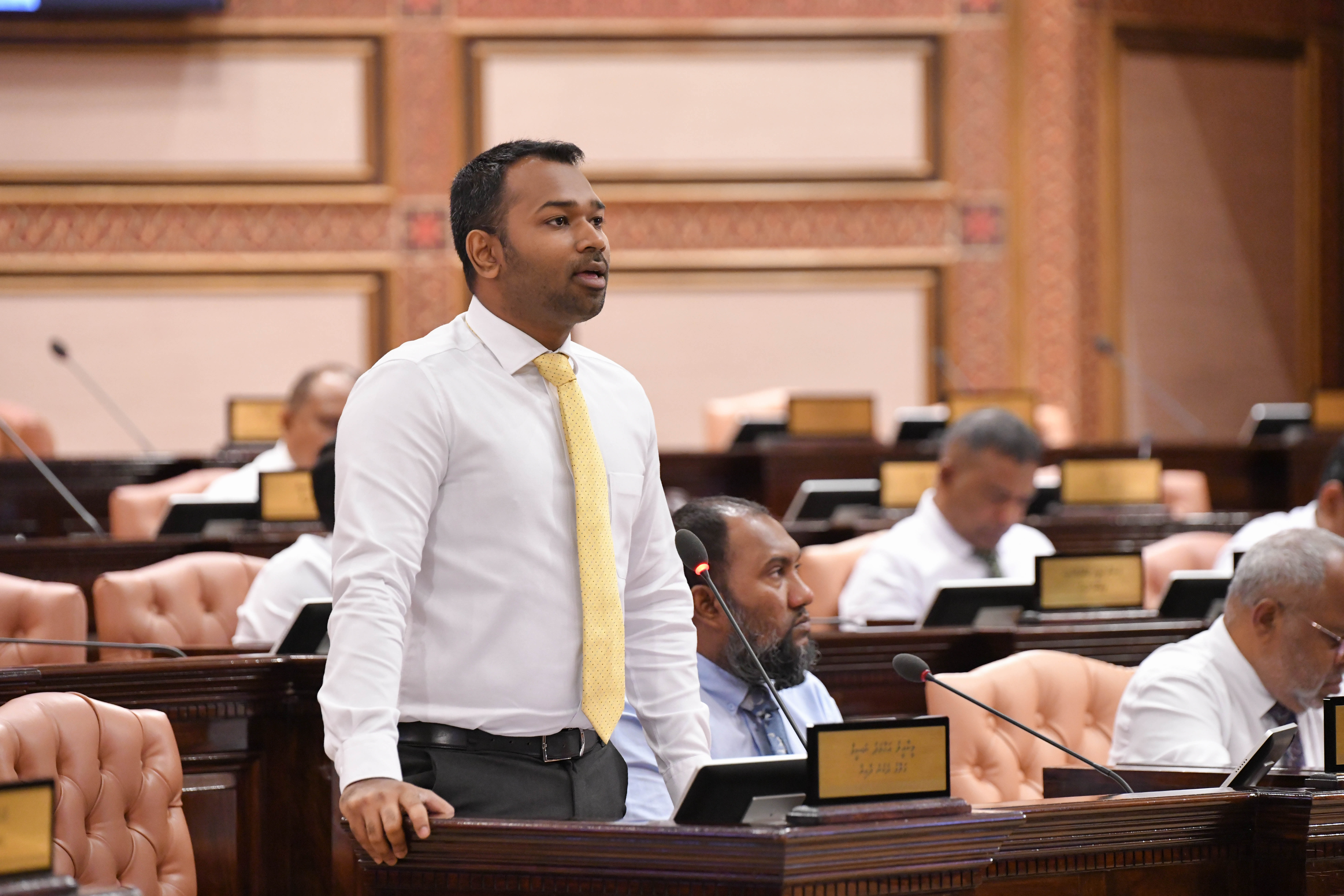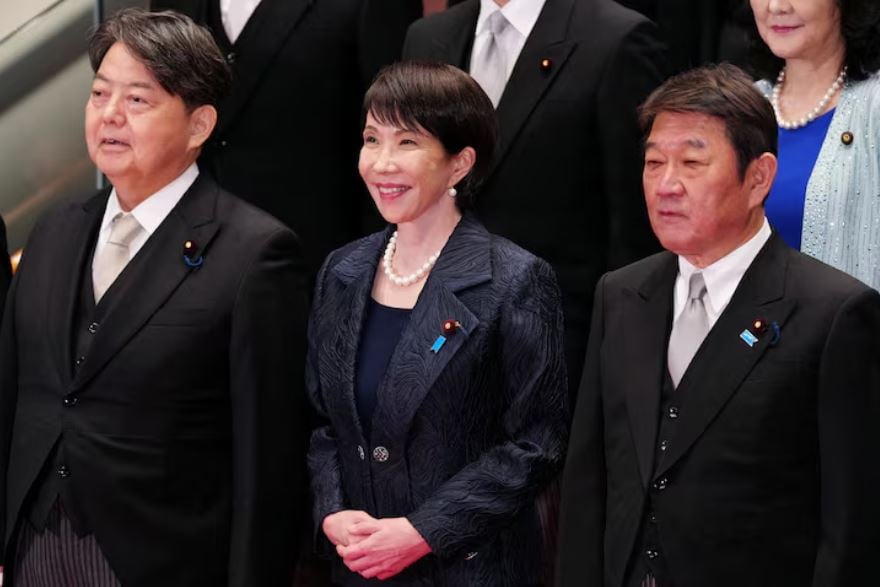The government’s proposal to allow the President to appoint the Chairman and Vice-Chairmen of the Anti-Corruption Commission (ACC) is sending a dangerous message to independent institutions, claimed Meekail Ahmed Naseem, MP for South Galolhu constituency, during today’s parliamentary debate. The bill, put forth by President Mohammed Muizzu’s administration, would grant the President the authority to appoint ACC leadership, subject to parliamentary approval.
Meekail expressed concern over the implications of the amendment, arguing that it represents a shift away from a separation of powers, which has been a pillar of governance since past parliamentary reforms. Reflecting on the change, he noted that past parliaments had resisted the influence of presidential appointments in such key institutions and criticized the proposed legislation as a regression.
It’s troubling to see that bills echoing practices from the 1990s are being reintroduced in 2024, said Meekail, describing the bill as an attempt to assert executive influence over independent bodies.
Meekail went further, emphasizing that the ACC bill could serve as a precedent affecting other institutions. "This isn’t just about the ACC," he said. “President Muizzu is signaling that if independent institutions don’t align with the President’s direction, they may face similar interventions. This is the first step.”
He called on his parliamentary colleagues to uphold their responsibilities to the electorate by rejecting the bill, urging them to preserve the integrity of independent institutions.
Meekail expressed concern over the implications of the amendment, arguing that it represents a shift away from a separation of powers, which has been a pillar of governance since past parliamentary reforms. Reflecting on the change, he noted that past parliaments had resisted the influence of presidential appointments in such key institutions and criticized the proposed legislation as a regression.
It’s troubling to see that bills echoing practices from the 1990s are being reintroduced in 2024, said Meekail, describing the bill as an attempt to assert executive influence over independent bodies.
Meekail went further, emphasizing that the ACC bill could serve as a precedent affecting other institutions. "This isn’t just about the ACC," he said. “President Muizzu is signaling that if independent institutions don’t align with the President’s direction, they may face similar interventions. This is the first step.”
He called on his parliamentary colleagues to uphold their responsibilities to the electorate by rejecting the bill, urging them to preserve the integrity of independent institutions.


















